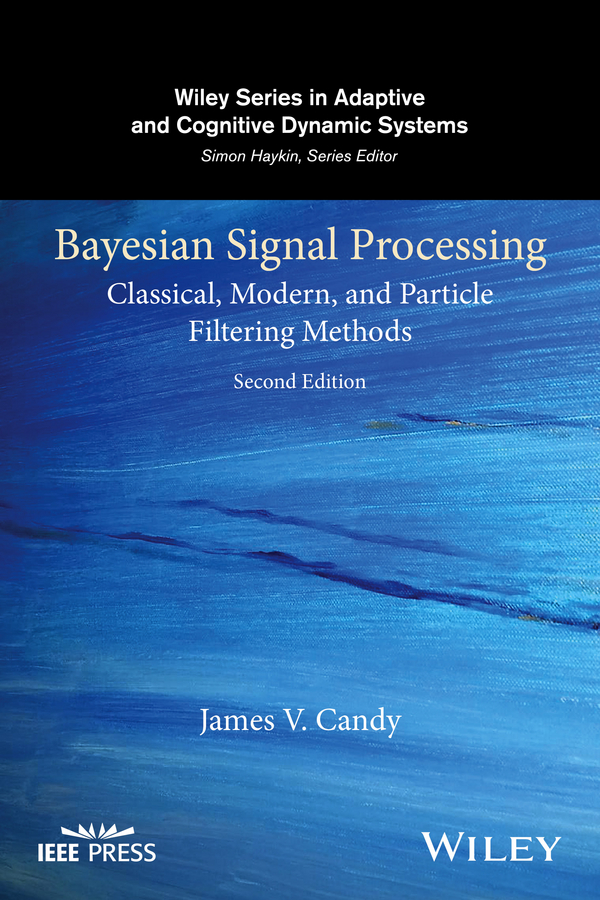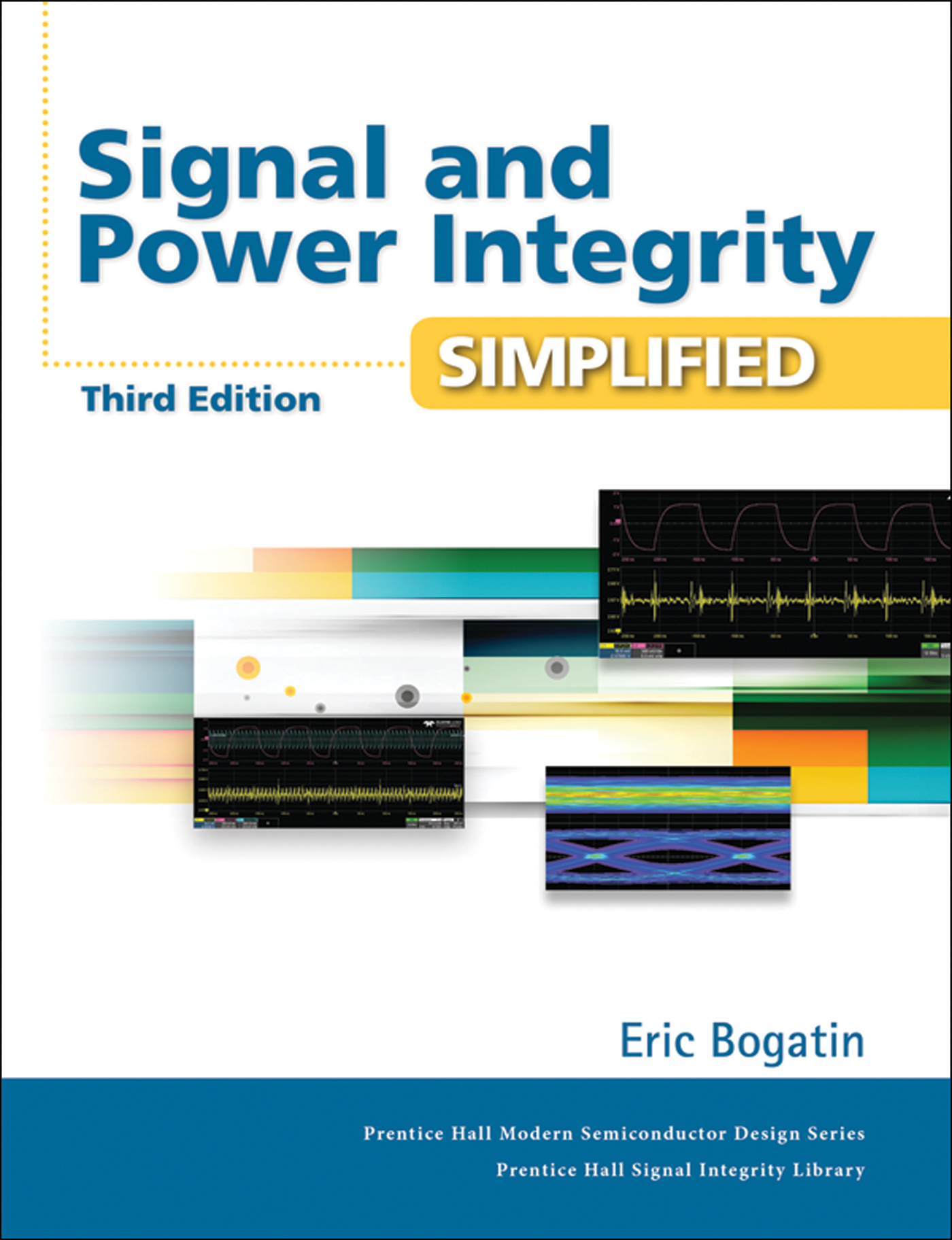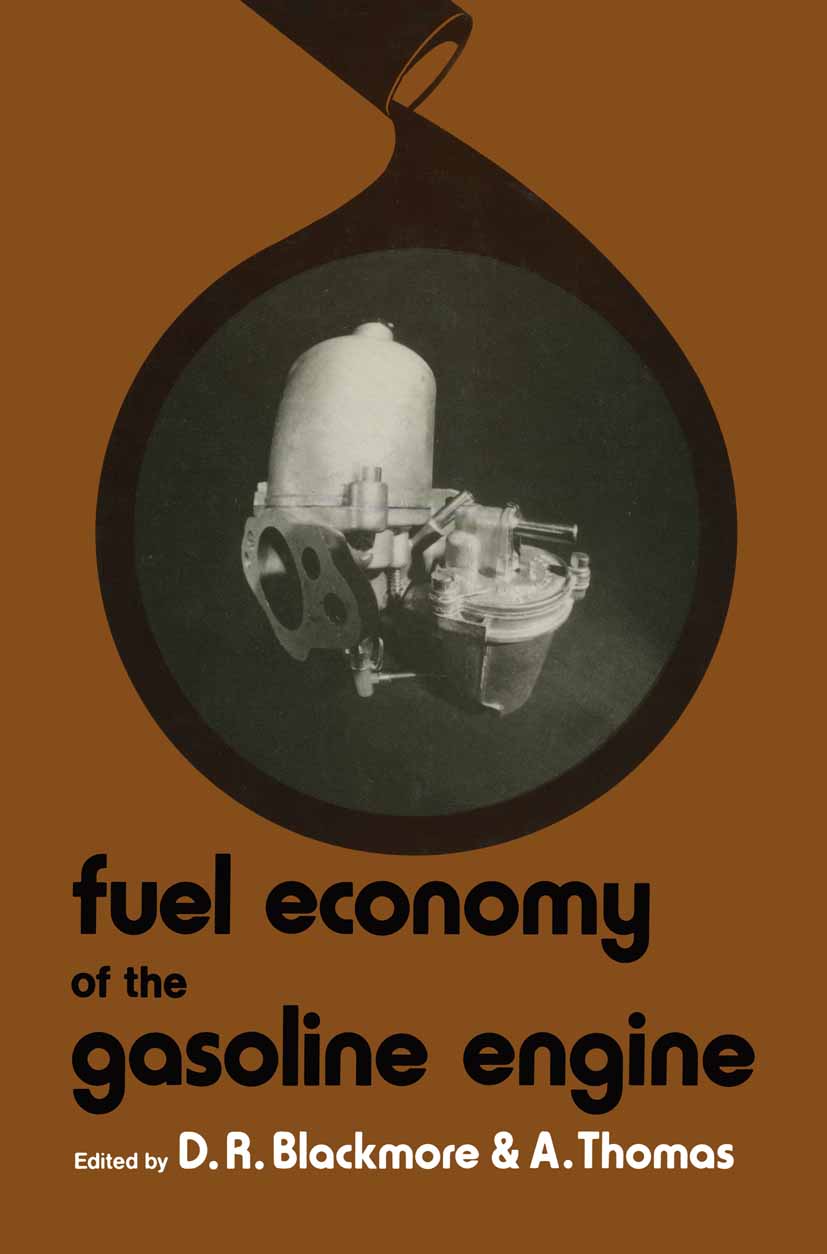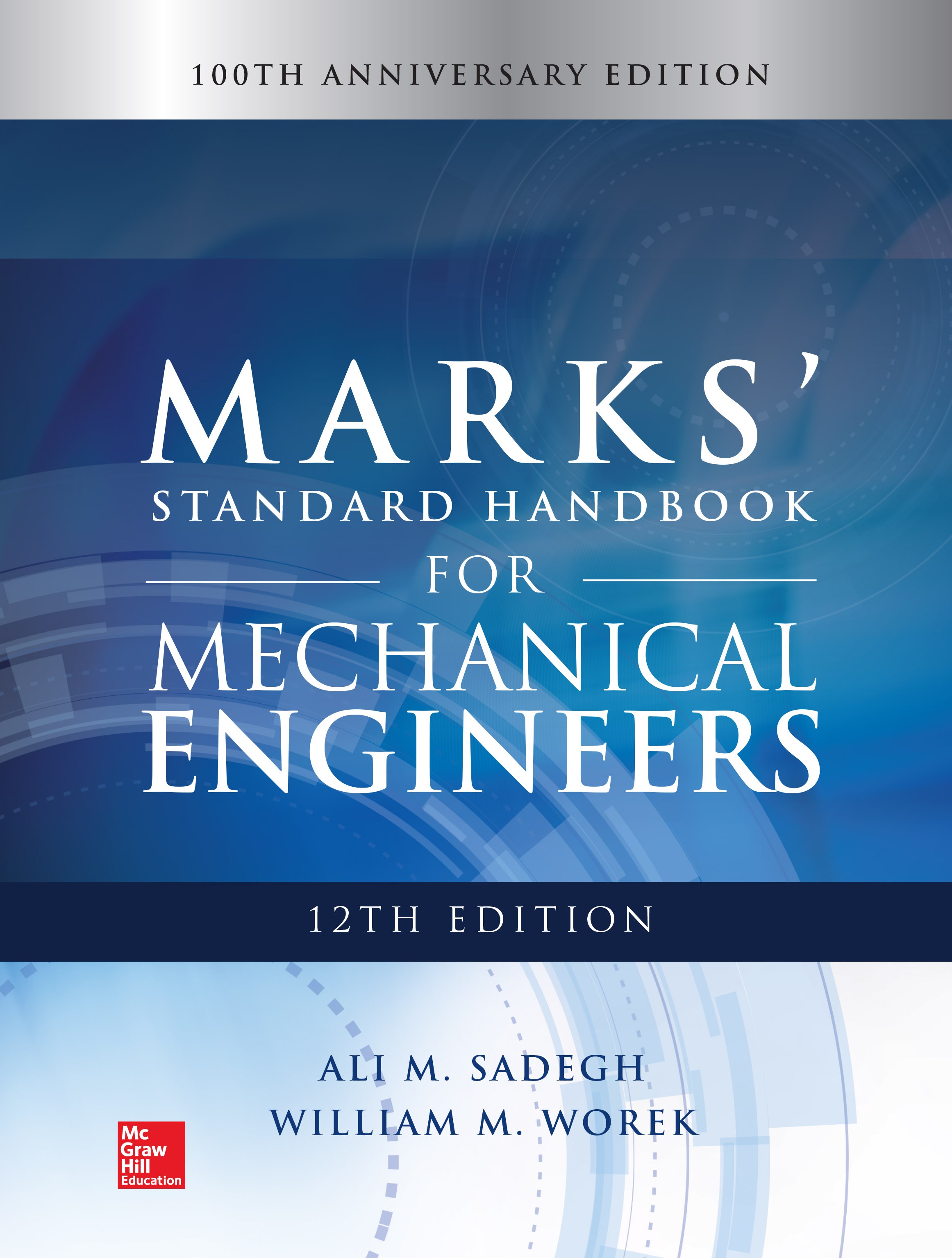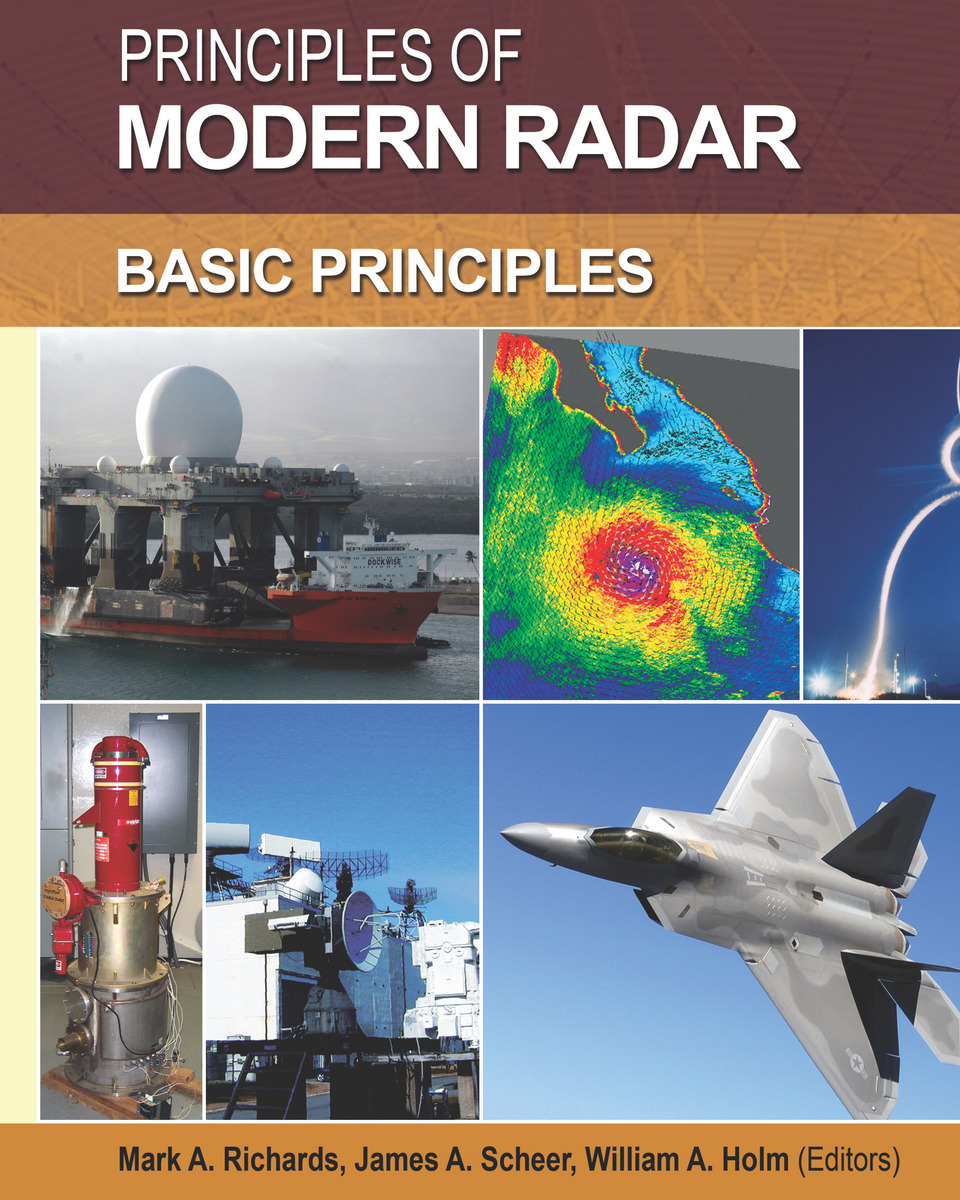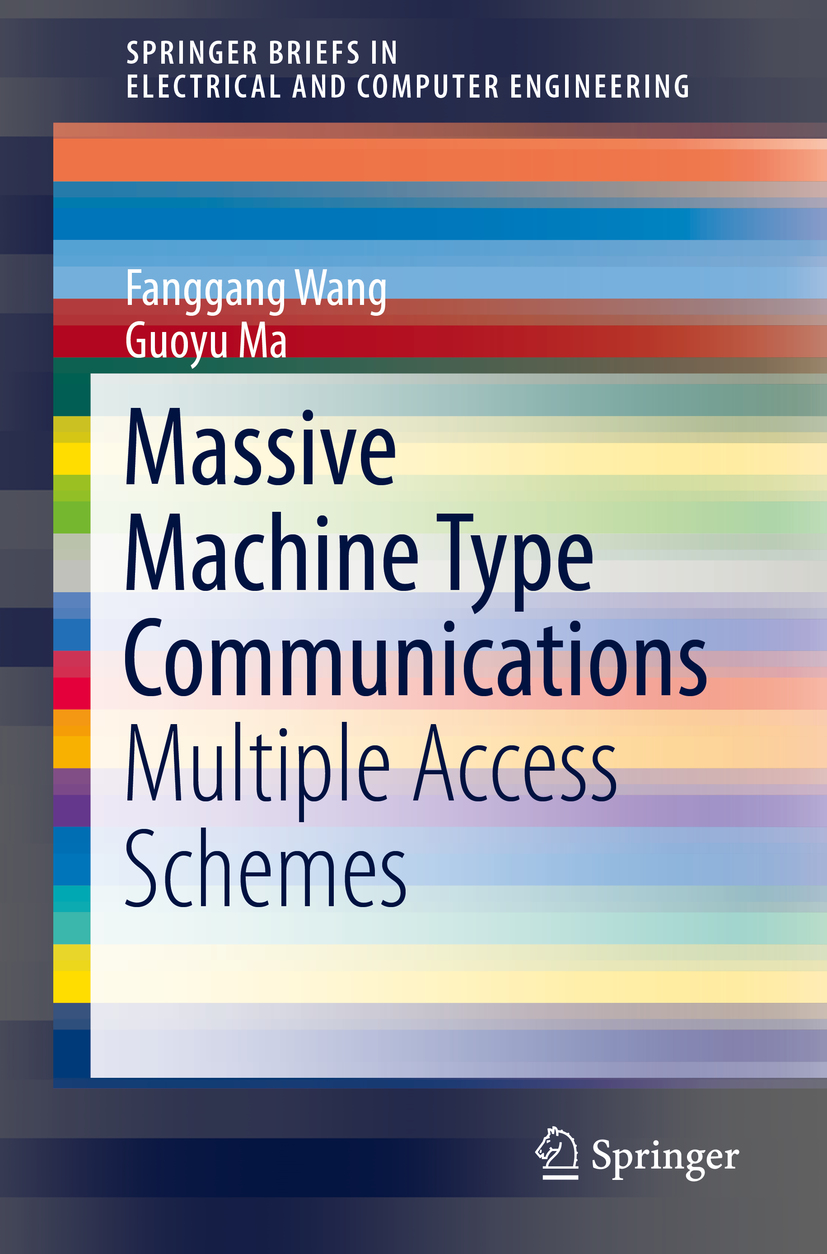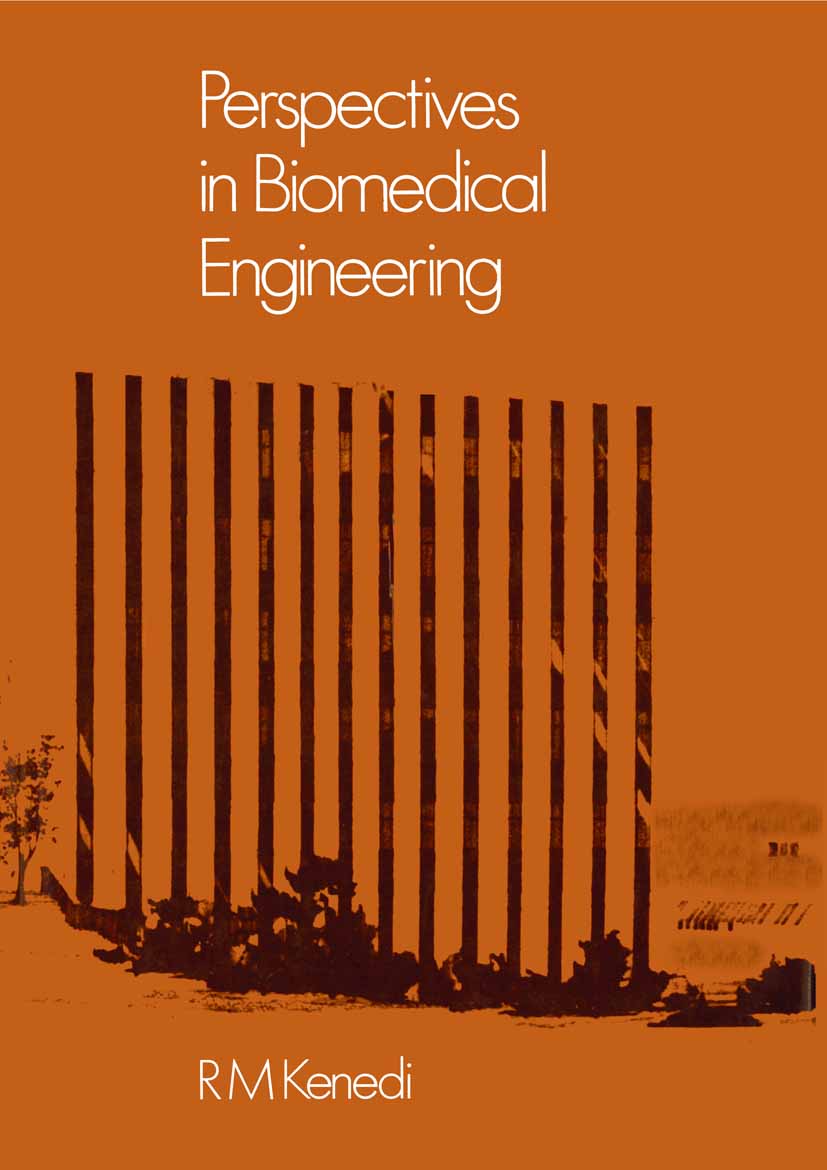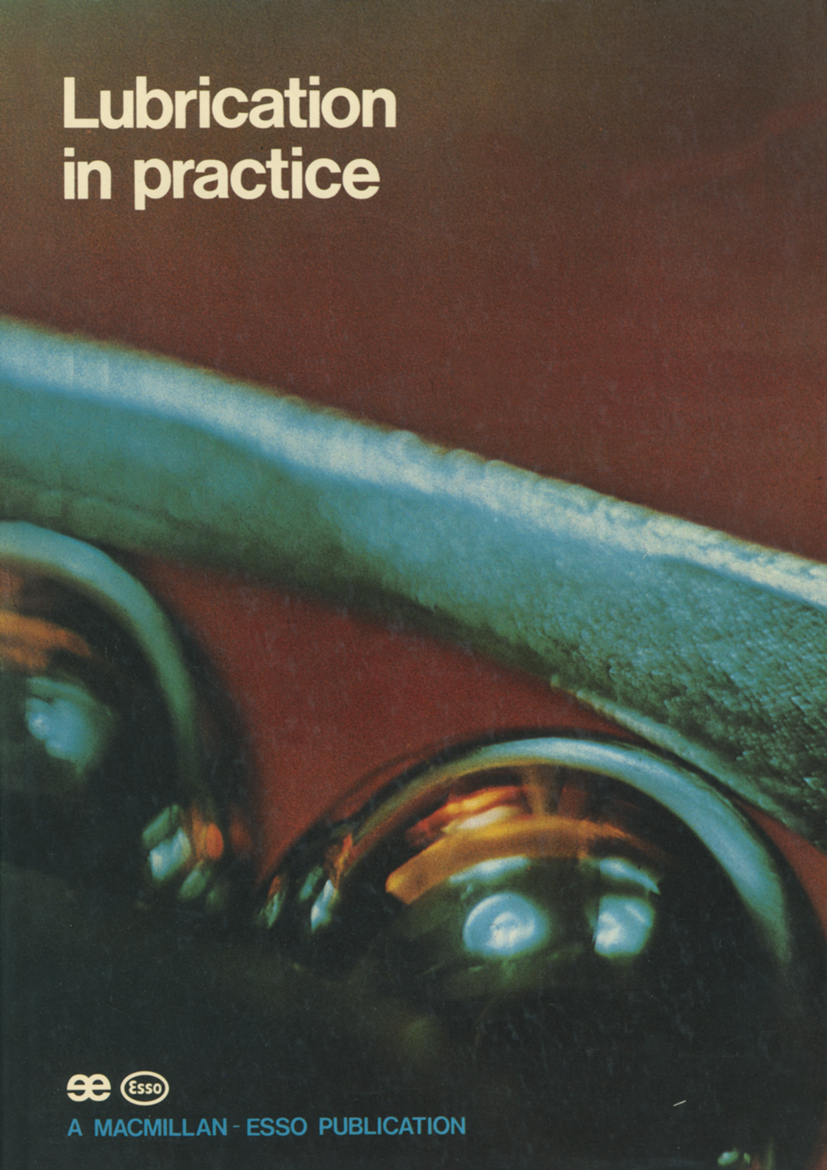
- Browse Category
Subjects
 We Begin at the EndLearn More
We Begin at the EndLearn More - Choice Picks
- Top 100 Free Books
- Blog
- Recently Added
- Submit your eBook
Sign in
Sign up
Success! Check your mail for login confirmation!!
Forgot password
Enter your email address and we’ll send you
password reset instructions
password reset instructions
A Practical Guide to Design for Additive Manufacturing
by Olaf Diegel
2020-05-28 19:47:09

A Practical Guide to Design for Additive Manufacturing
by Olaf Diegel
2020-05-28 19:47:09
This book provides a wealth of practical guidance on how to design parts to gain the maximum benefit from what additive manufacturing (AM) can offer. It begins by describing the main AM technologies and their respective advantages and disadva...
Read more
This book provides a wealth of practical guidance on how to design parts to gain the maximum benefit from what additive manufacturing (AM) can offer. It begins by describing the main AM technologies and their respective advantages and disadvantages. It then examines strategic considerations in the context of designing for additive manufacturing (DfAM), such as designing to avoid anisotropy, designing to minimize print time, and post-processing, before discussing the economics of AM.
The following chapters dive deeper into computational tools for design analysis and the optimization of AM parts, part consolidation, and tooling applications. They are followed by an in-depth chapter on designing for polymer AM and applicable design guidelines, and a chapter on designing for metal AM and its corresponding design guidelines. These chapters also address health and safety, certification and quality aspects. A dedicated chapter covers the multiple post-processing methods for AM, offering the reader practical guidance on how to get their parts from the AM machine into a shape that is ready to use. The book''s final chapter outlines future applications of AM.The main benefit of the book is its highly practical approach: it provides directly applicable, "hands-on" information and insights to help readers adopt AM in their industry
Less- File size
- Print pages
- Publisher
- Publication date
- Language
- ISBN
- 9.25 X 6.1 X 0 in
- 226
- Springer Nature
- May 21, 2019
- eng
- 9789811382819
Author
Olaf Diegel is both an educator and a practitioner of additive manufacturing and product development with an excellent track record of developing innovative solutions to engineering problems. In his r...
Compare Prices
Store
Availability
Book Format
Book Condition
Price
Available Discount
No Discount available
Related Books
Waterways and Water Transport in Different Countries: With a Description of the Panama, Suez, Manchester, Nicaraguan, and Other Canals:
Farm Drainage. The Principles, Processes, and Effects of Draining Land With Stones, Wood, Plows, and Open Ditches, and Especially With Tiles ..:
Join us and get access to all your favourite books
It’s free
Company
Books
© 2025 AMPLE READS








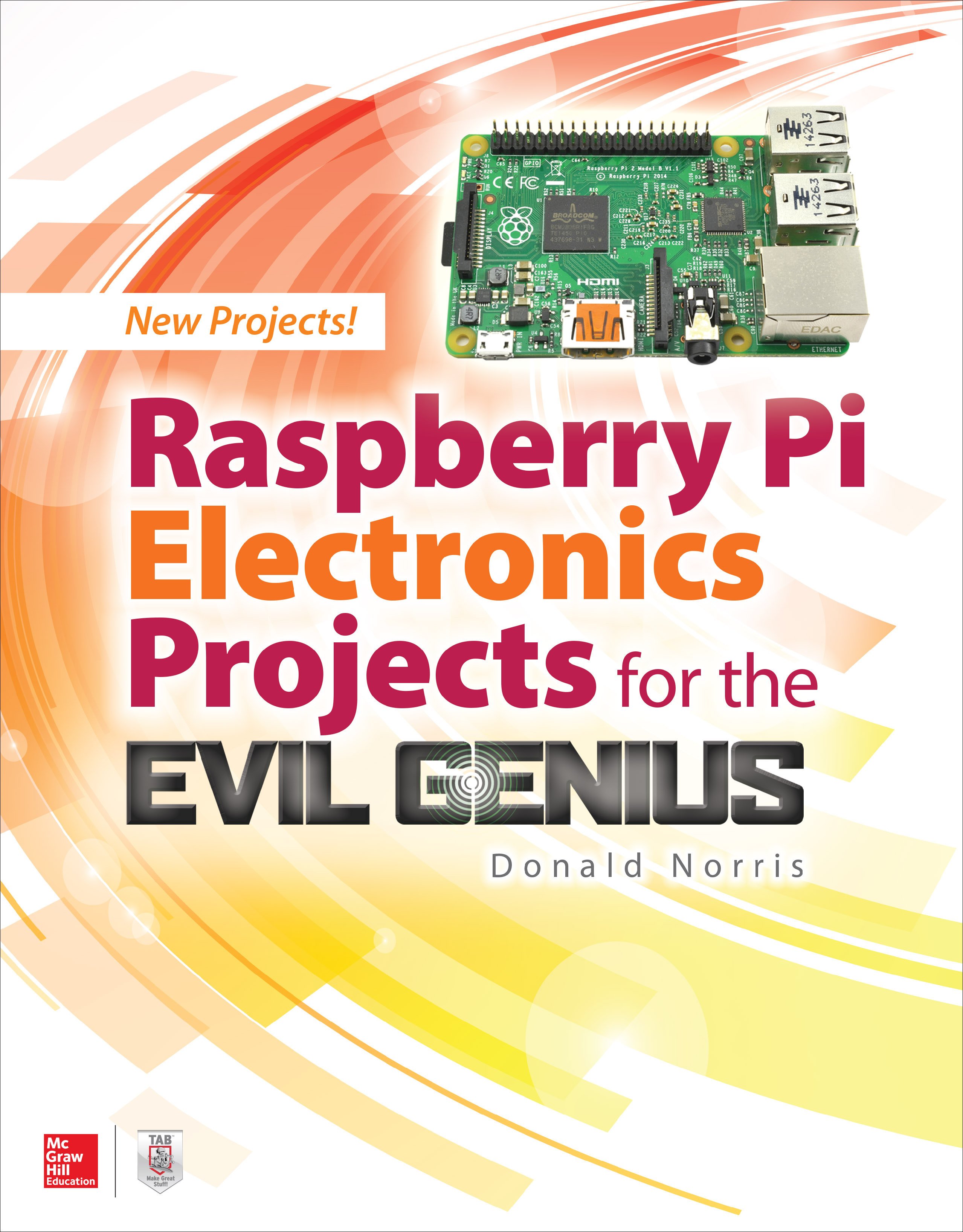

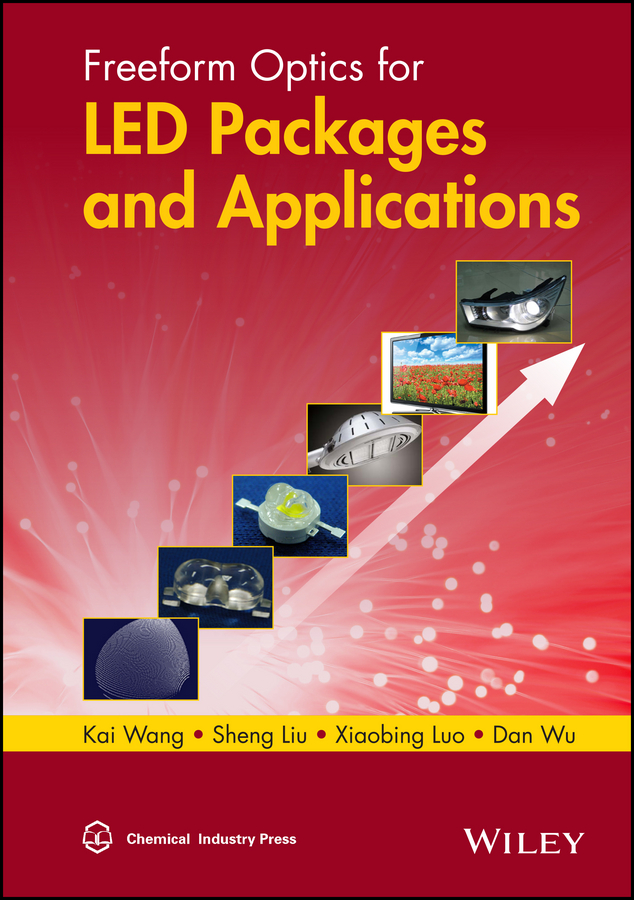

.jpg)

